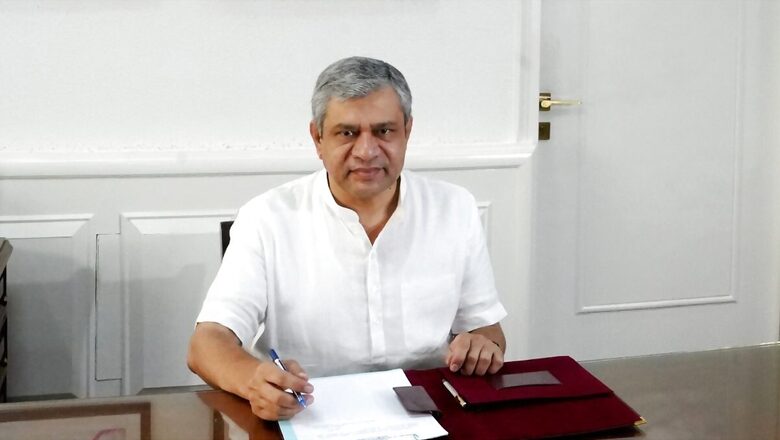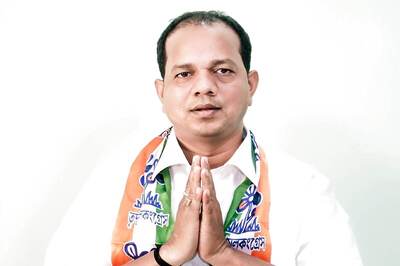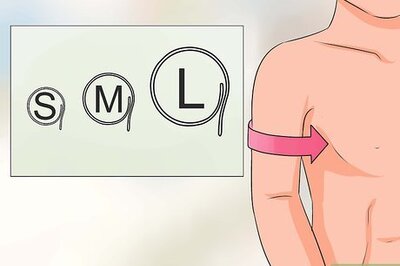
views
The Centre is accelerating efforts to frame regulations under the Digital Personal Data Protection (DPDP) Act and is keen to bolster domestic electronics production, Minister for Electronics & IT Ashwini Vaishnaw said on Saturday.
He underscored the government’s commitment to data privacy and enhancing the country’s position in the global electronics manufacturing sector.
THE DIGITAL PERSONAL DATA PROTECTION ACT
The DPDP Act, which received presidential assent in August last year, aims to safeguard personal data. However, its implementation has been delayed due to pending rules. Vaishnaw stated: “Drafting the DPDP Rules is in an advanced stage and industry consultations will commence soon.”
Emphasising a thorough and consultative approach, he assured that the process will not be rushed, mirroring the meticulous methodology applied to the Telecom Bill and the DPDP Act.
“[At the moment] Artificial Intelligence is also an important topic. But first, we have to make sure that DPDP in its digital form comes into shape…The entire implementation process will be ‘digital by design’,” Vaishnaw said, highlighting that the Data Protection Board and an appellate tribunal will function as digital offices to handle personal data breach issues efficiently. The platform for the Data Protection Board is being developed in parallel by the National Informatics Centre (NIC) or Digital India Corporation (DIC).
ELECTRONICS AND SEMICONDUCTOR MANUFACTURING
Vaishnaw said the newly formed government is focused on scaling up the manufacturing of electronics, components and semiconductors. With current electronics production valued at $120-130 billion and employing around 2-2.5 million people, the government aims to double these figures within five years.
“As the journey began with the motto ‘atmanirbharata’, we are very focused on scaling up manufacturing and developing the component ecosystem in the country,” the Union minister said, noting significant interest from component makers and plans to integrate them with original equipment manufacturers (OEMs).
He further explained that the government’s strategy involves establishing manufacturing units across the country, allowing companies to choose optimal locations. Vaishnaw projected that electronics manufacturing should rise to $200-300 billion, potentially doubling employment in the sector to 5 million people.
Vaishnaw further noted that India’s semiconductor manufacturing sector is advancing with four approved plants — three in Gujarat and one in Assam. He confirmed that Micron and Tata are on track to produce chips on schedule, with support from state governments. Additionally, partnerships with international organisations such as Singapore’s Agency for Science, Technology and Research (A*STAR) and Taiwan’s Industrial Technology Research Institute (ITRI) are in place to train skilled personnel for these plants.
However, Vaishnaw acknowledged the challenges posed by AI and deepfakes, describing them as significant concerns for all countries. While he did not provide a detailed roadmap, he noted the government’s intent to establish norms for the AI sector in the coming months.
The Cabinet chaired by Prime Minister Narendra Modi approved the comprehensive national level IndiaAI mission in March this year with a budget outlay of Rs 10,371.92 crore with the vision of “Making AI in India and Making AI Work for India”.
Vaishnaw reiterated the government’s commitment to a new digital regulatory framework, which includes the Telecom Act, DPDP Act, and forthcoming Digital India Act. This framework is designed to protect society and democracy from the destructive potential of AI and deepfakes, he said.


















Comments
0 comment